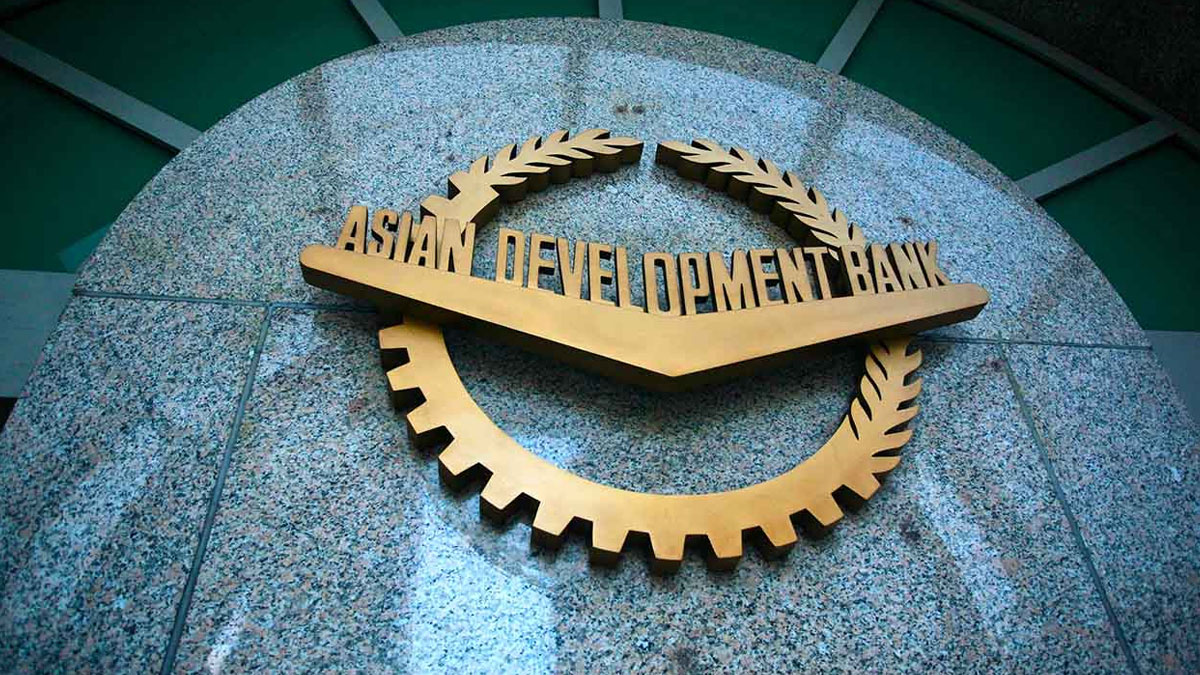The Asian Development Bank (ADB) has predicted that Pakistan’s economy will “recover slightly” during the fiscal year 2022-23 (FY23) on the account of structural reforms.
In the recent supplement report of the Asian Development Outlook, the ADB said that Pakistan’s GDP growth was projected to be moderate during FY22, which ended in June, on monetary tightening actions to manage increasing demand pressures and contain external and financial imbalances.
The ADB noted that it slightly revised inflation figures for FY22 and “substantially” for FY23, mentioning the effects of growing food and energy prices internationally besides the government’s hike in energy tariffs and exclusion of subsidies in the oil and power sectors according to the International Monetary Fund (IMF) agreement.
Read more: ADB disburses $1.31 billion in loans and grants to Pakistan
The report further said that headline inflation is at double-digit levels in Mongolia in East Asia, in the Caucasus and Central Asia, Pakistan’s economy and Sri Lanka in South Asia, and Lao People’s Democratic Republic and Myanmar in Southeast Asia. Additionally, inflation in India was at seven percent, more than its central bank’s target of 2-6 percent, the report said.
It added that “inflation in the rest of developing Asia’s large economies remain manageable. So for the region as a whole, inflation remains moderate on average and much lower than elsewhere in the world.”
Moreover, the supplement report reviewed the growth forecast for progressing Asia from 5.2 percent to 4.6 percent for 2022 and from 5.3 percent to 5.2 percent for 2023, reflecting “worsened economic prospects because of Russia’s continued invasion of Ukraine, more aggressive monetary tightening in advanced economies and Covid-19 lockdowns” in China.
“Even though the impact of Covid-19 has declined across most of developing Asia, the economic fallout from Russia’s invasion of Ukraine on the region has increased. War-induced supply disruptions and escalating sanctions imposed on the Russian Federation have led to global commodity prices spiking and remaining higher than 2021’s already elevated levels. Because of this, inflationary pressures have increased in many regional economies.”





















